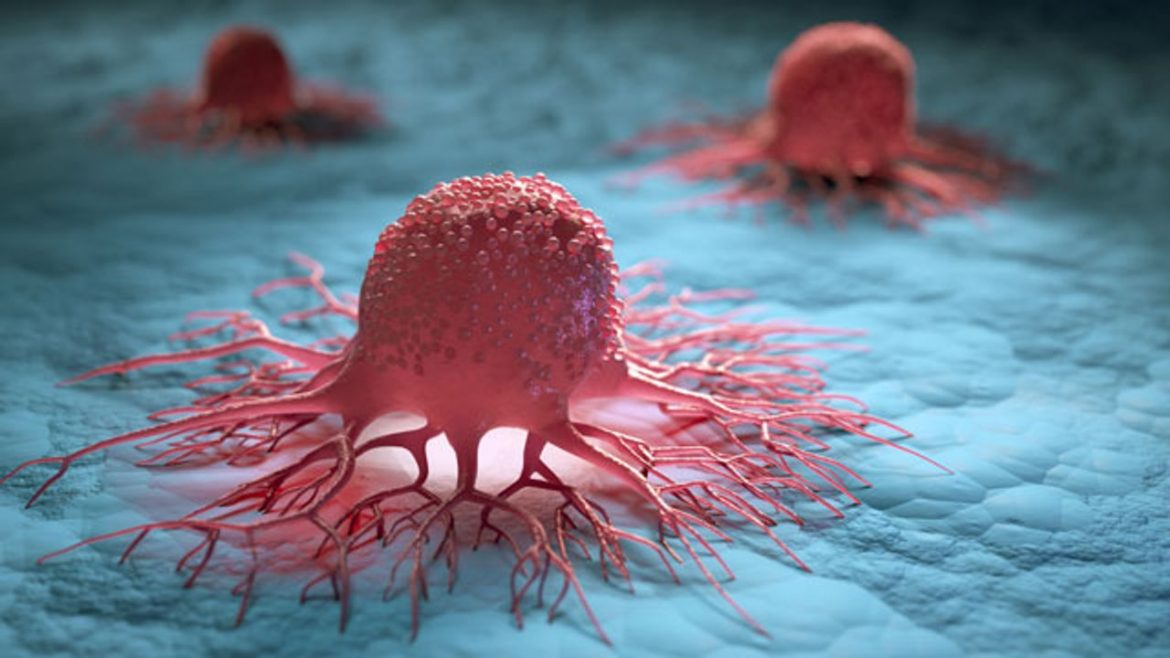According to a new study, a group of researchers discovered vital genomic information that might help scientists build more effective treatments and prevention techniques for difficult-to-treat melanoma skin cancer.
The research was reported in the journal “Nature Communications.” Researchers from The Ohio State University Comprehensive Cancer Center – Arthur G. James Cancer Hospital and Richard J. Solove Research Institute (OSUCCC – James) uncover and characterise critical aspects of a gene mutation that is responsible for 15 to 20% of all melanomas in this new article.
Also Read: Research: Skin disorders can affect mental health of children, young people
The research proves, using a preclinical laboratory model, that the frequency of a given NRAS gene mutation occurring in human melanoma is closely connected to that gene mutation’s potential to cause spontaneous melanoma development.
“This means that the properties of the mutant itself, rather than the ease with which that specific gene mutation occurs,” said corresponding author Christin Burd, an associate professor of molecular genetics in The Ohio State University College of Arts and Sciences, Department of Molecular Genetics, and a member of the OSUCCC – James Molecular Carcinogenesis and Chemoprevention Program.
“NRAS-mutant cancers are challenging to treat because effective therapies beyond immunotherapy don’t exist yet,” said Burd. “Each cancer type seems to prefer a specific ‘flavor’ of mutant NRAS, and it has not been clear why this is.”
The OSUCCC – James was curious about what distinguished melanoma-promoting NRAS mutations from those that promote other cancer types. According to the researchers, this understanding might help them pinpoint the early processes that lead to melanoma development and design therapies to avoid the cancer.
Burd and colleagues publish their findings in Nature Communications on June 7, 2022.
Follow Medically Speaking on Instagram





